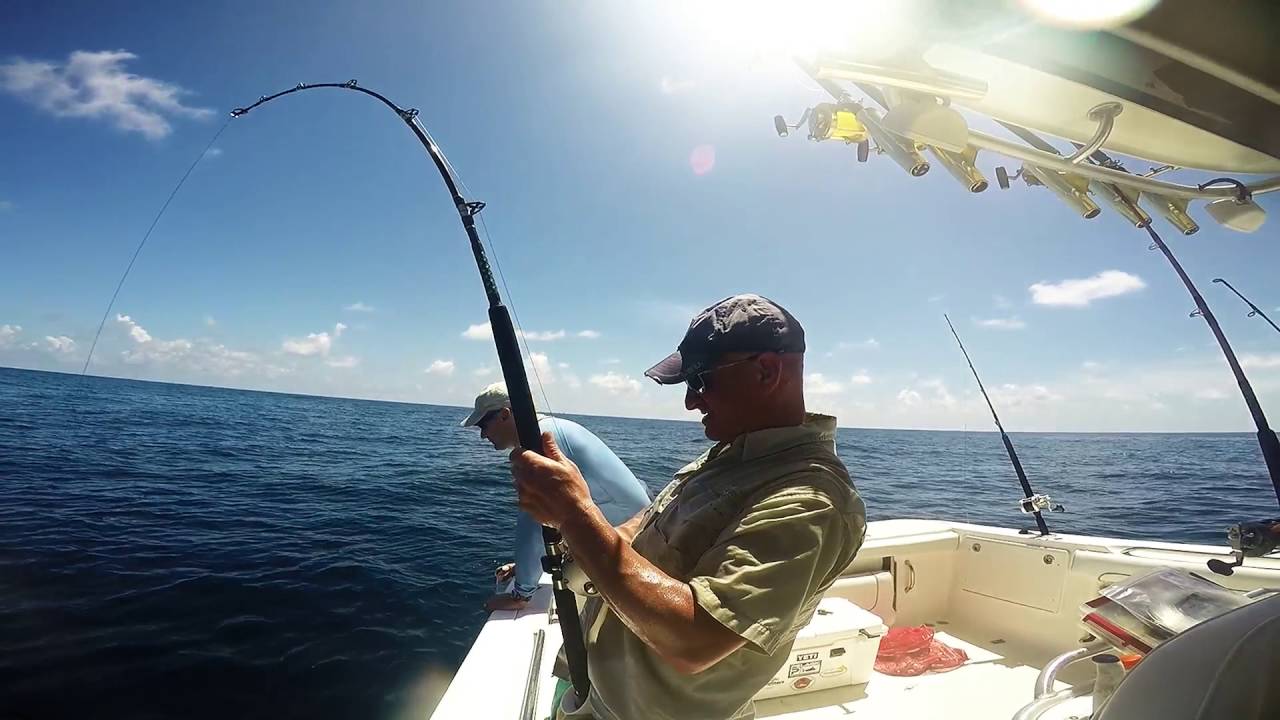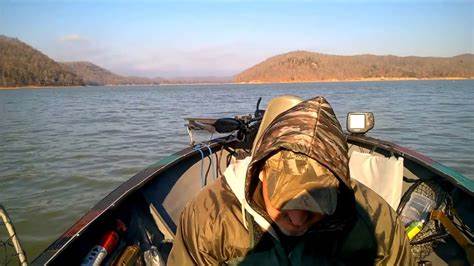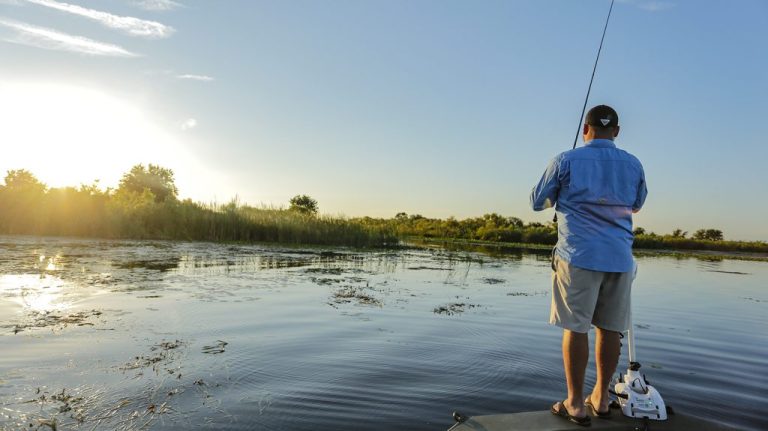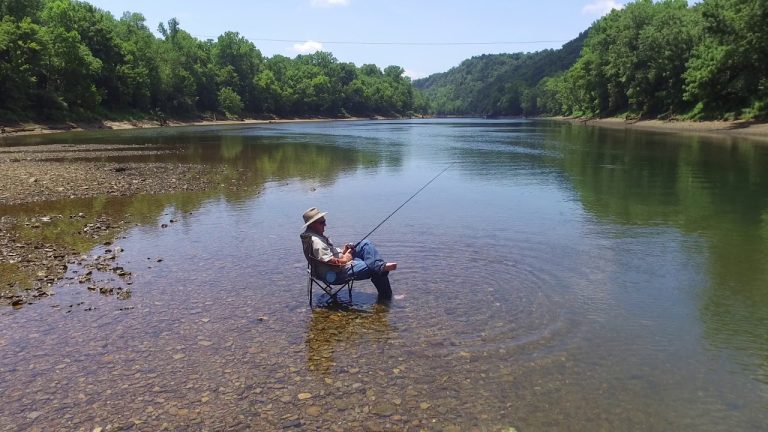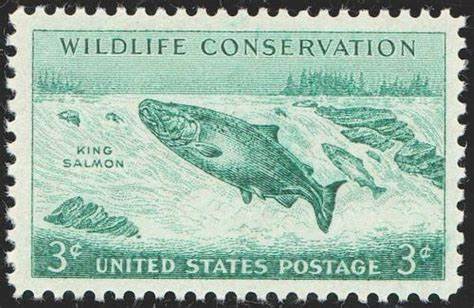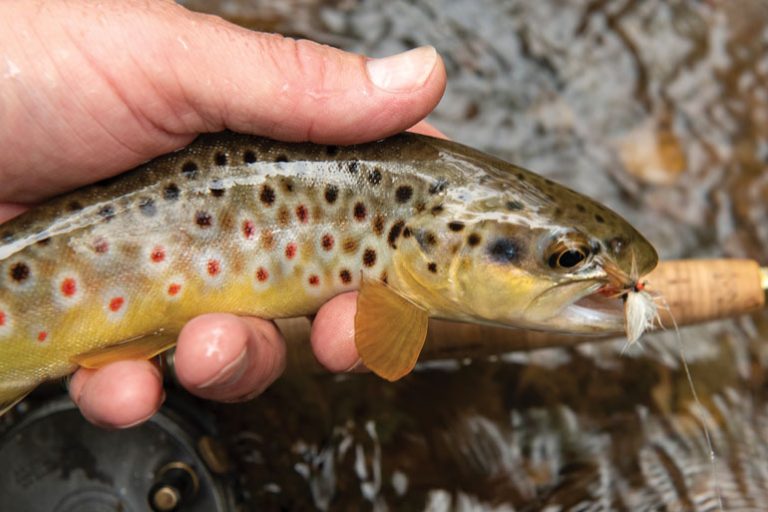Did you know that Florida is often referred to as the “Fishing Capital of the World”? With its crystal-clear waters, expansive lakes, and diverse marine life, it’s no wonder that both residents and visitors flock to the Sunshine State for unparalleled fishing experiences. However, before you cast your line, it’s crucial to understand and comply with Florida’s fishing regulations. This comprehensive guide will walk you through the essential aspects of Florida fishing licenses, rules, and conservation efforts to ensure a safe, enjoyable, and sustainable fishing experience.
Why Fishing Regulations Matter
Fishing regulations play a vital role in maintaining the health and sustainability of Florida’s aquatic ecosystems. These rules are designed to:
- Protect fish populations: Regulations help prevent overfishing and ensure that fish populations remain stable for future generations of anglers.
- Preserve habitat: By setting guidelines for fishing practices, regulations minimize the impact on sensitive aquatic habitats.
- Promote fair access: Fishing regulations ensure that all anglers have equal opportunities to enjoy the state’s fishing resources.
- Support conservation efforts: Revenue generated from fishing licenses and permits directly contributes to conservation initiatives, such as habitat restoration and research.
Who Needs a Florida Fishing License?
In general, anyone who wants to fish in Florida’s waters must obtain a valid fishing license. This requirement applies to both residents and non-residents, with a few exceptions:
Residents
- Children under 16 years old
- Florida residents 65 years or older with proof of age and residency
- Florida residents fishing in their home county with live or natural bait using poles or lines without a fishing-line-retrieval mechanism
- Florida residents fishing from land or a structure fixed to land who are participating in Medicaid, food stamp, or temporary cash assistance programs
Non-residents
- Children under 16 years old
- Anglers fishing from a licensed pier or charter boat (the license covers everyone on board)
Note: Even if you qualify for an exemption, you must still follow all other fishing regulations, such as bag limits and seasons.
Types of Florida Fishing Licenses
Florida offers a variety of fishing licenses to cater to different angling preferences and durations. Here’s a comprehensive table outlining the various options:
| License Type | Resident | Non-Resident |
|---|---|---|
| Freshwater Fishing | Annual: $17.00 5-Year: $79.00 Youth (ages 8-15): $17.00 | Annual: $47.00 3-Day: $17.00 7-Day: $30.00 |
| Saltwater Fishing | Annual: $17.00 5-Year: $79.00 Shoreline Only: Free (registration required) | Annual: $47.00 3-Day: $17.00 7-Day: $30.00 |
| Combination Licenses (for Florida residents only) | Freshwater/Saltwater Fishing: $32.50 Freshwater Fishing/Hunting: $32.50 Freshwater/Saltwater Fishing/Hunting: $48.00 | N/A |
| Lifetime Licenses (for Florida residents only) | Freshwater Fishing: Age 0-4: $126.50 Age 5-12: $226.50 Age 13 or older: $301.50 Saltwater Fishing: Age 0-4: $126.50 Age 5-12: $226.50 Age 13 or older: $301.50 | N/A |
| Sportsman’s License (includes freshwater and saltwater fishing, hunting, and various permits) | Age 0-4: $401.50 Age 5-12: $701.50 Age 13 or older: $1,001.50 | N/A |

Where to Purchase a Florida Fishing License
You can easily obtain a Florida fishing license through several convenient methods:
- Online: Visit GoOutdoorsFlorida.com to purchase your license securely and instantly.
- Phone: Call toll-free at 1-888-FISH-FLORIDA (1-888-347-4356) to buy your license over the phone.
- In-person: Visit a licensed agent, such as tackle shops, sporting goods stores, or county tax collector’s offices.
- Mobile app: Download the “FWC Fish Hunt FL” app for iOS or Android devices to purchase and store your license on your smartphone.
When buying your license, be prepared to provide personal information, such as your name, address, date of birth, and Social Security Number (for Florida residents only). Once you have your license, make sure to carry it with you whenever you’re fishing, as law enforcement officers may request to see it.
Additional Permits
In addition to the standard fishing licenses, some species require additional permits or tags. These include:
- Snook Permit: Required to keep one snook per day during the open season. Cost is $10 per year or $50 for five years (residents only).
- Spiny Lobster Permit: Required for harvesting spiny lobster. Cost is $5 per year.
- Tarpon Tag: Required to possess or harvest a tarpon. Cost is $51.50 per tag.
These permits can be purchased along with your fishing license or separately, depending on the species.
Florida Fishing Rules and Regulations
In addition to obtaining a valid fishing license, anglers must adhere to Florida’s fishing rules and regulations. These guidelines cover various aspects of fishing, including:
Bag Limits
Bag limits specify the maximum number of fish you can keep per day for each species. These limits help maintain healthy fish populations and ensure sustainable harvests. For example, the daily bag limit for red drum (redfish) is two fish per person in most of Florida’s waters.
Size Limits
Size limits determine the minimum and/or maximum length of fish you can keep. These regulations protect juvenile fish, allowing them to reach maturity and reproduce, while also preserving larger, breeding-sized fish. For instance, the size limit for snook in Florida’s Atlantic waters is a minimum of 28 inches and a maximum of 32 inches total length.
Seasons
Fishing seasons are established to protect certain species during spawning periods or when populations are vulnerable. Some species, like snook and grouper, have specific seasons during which they can be harvested, while others are open year-round. It’s essential to check the current seasons for the species you plan to target before heading out on the water.
Gear Restrictions
Florida fishing regulations also include restrictions on the type of gear and methods you can use to catch fish. These rules help minimize bycatch (unintended catch) and protect sensitive habitats. For example, the use of gill nets is prohibited in Florida’s waters, and there are specific hook and line requirements for certain species.
Protected Species
Some fish species in Florida are protected and cannot be harvested. These include:
- Goliath grouper
- Nassau grouper
- Sawfish
- Manta rays
- Longbill spearfish
- Billfish (marlin, sailfish, and swordfish) caught in state waters
If you accidentally catch a protected species, you must release it immediately and unharmed.
Catch and Release Best Practices
Catch and release fishing is an essential conservation tool that allows anglers to enjoy the sport while minimizing the impact on fish populations. When practicing catch and release, follow these guidelines to ensure the best chance of survival for the fish:
- Use circle hooks when fishing with natural bait to minimize deep hooking.
- Keep the fish in the water as much as possible, and avoid touching its gills or eyes.
- Use wet hands or a wet cloth when handling the fish to prevent removing its protective slime coat.
- If the fish is deeply hooked, cut the line as close to the hook as possible and release the fish with the hook in place.
- Revive exhausted fish by gently moving it forward in the water until it can swim away on its own.
By following these best practices, you can help conserve Florida’s valuable fish resources for future generations.
Conservation Efforts and Getting Involved
Florida’s fishing regulations are part of a broader effort to conserve and protect the state’s aquatic ecosystems. The Florida Fish and Wildlife Conservation Commission (FWC) is the primary agency responsible for managing Florida’s fish and wildlife resources. In addition to setting and enforcing regulations, the FWC conducts research, habitat restoration, and educational programs to promote conservation.
As an angler, you can contribute to these efforts in several ways:
- Purchase a fishing license: Your license fees directly support conservation initiatives, such as fish stocking, habitat enhancement, and research.
- Report violations: If you witness someone violating fishing regulations, report it to the FWC’s Wildlife Alert Hotline at 1-888-404-FWCC (3922) or by texting *FWC or #FWC to 847411.
- Participate in citizen science programs: The FWC offers various volunteer opportunities, such as the Angler Tag Return Program, where anglers help collect data on tagged fish to support research efforts.
- Practice responsible fishing: Follow regulations, use sustainable fishing practices, and properly dispose of fishing line and other debris to minimize your impact on the environment.
By actively engaging in conservation efforts, you can help ensure that Florida’s fishing resources remain healthy and abundant for generations to come.
Conclusion
Florida’s fishing regulations are essential for maintaining the health and sustainability of the state’s incredible aquatic resources. By obtaining the proper licenses, following the rules, and participating in conservation efforts, anglers can enjoy the thrill of fishing while ensuring that these resources are protected for future generations. Whether you’re a seasoned angler or a first-time visitor, understanding and complying with Florida’s fishing regulations is key to a successful and responsible fishing experience in the Sunshine State.
Do I need a fishing license if I’m fishing from a pier or bridge?
If the pier or bridge has a valid fishing license, you do not need an individual license to fish from that structure. However, if the pier or bridge does not have a license, you must obtain your own fishing license.
Can I use my Florida fishing license to fish in other states?
No, Florida fishing licenses are only valid for fishing within the state’s waters. If you plan to fish in another state, you’ll need to obtain a license from that state’s fish and wildlife agency.
What happens if I lose my fishing license?
If you lose your license, you can easily replace it online at GoOutdoorsFlorida.com, by phone at 1-888-FISH-FLORIDA (1-888-347-4356), or by visiting a license agent. Replacement licenses are issued at no cost.
Are there any additional permits required for certain species?
Yes, some species, such as snook, lobster, and tarpon, require additional permits or tags. These permits can be purchased along with your fishing license or separately, depending on the species.
How can I stay informed about changes to Florida’s fishing regulations?
The FWC regularly updates its website with the latest fishing regulations, seasons, and bag limits. You can also sign up for email updates, follow the FWC on social media, or download the “FWC Fish Hunt FL” app for up-to-date information.



